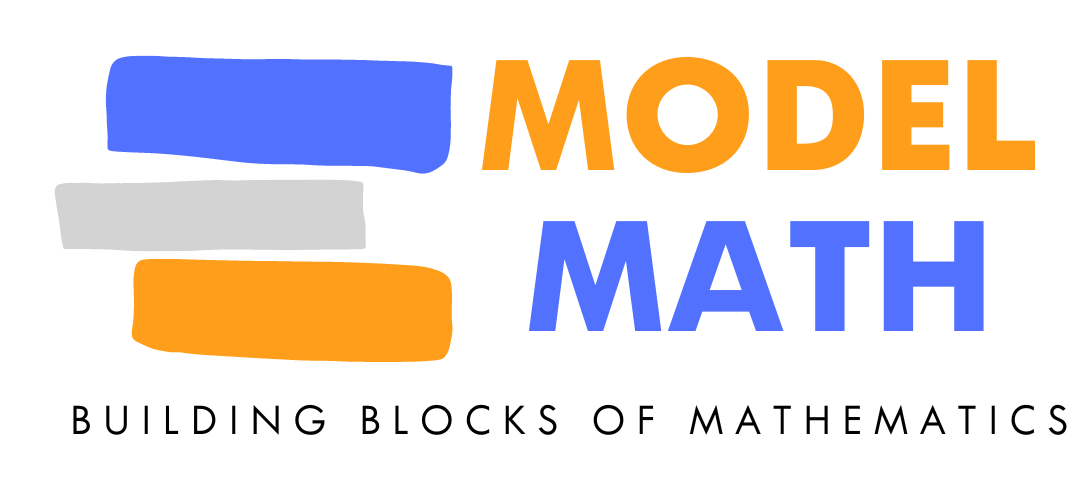My child has dyscalculia. Now what? Children who had difficulty learning to read were often considered slow. But with awareness improving on dyslexia and its symptoms, teachers are now trained to spot the condition earlier and, as a result, more children with dyslexia are getting the help they need in the crucial early years.
That’s an advance for sure. But what about when your child is slow in maths? Is there a similar explanation? If you’ve been noticing that your child doesn’t seem to have a sense of numbers, can’t tell the numbers on dice without counting each dot or need to count with their figures for every sum, they may not be “slow”. They may have dyscalculia.
What is dyscalculia?
Dyscalculia is a learning disability that makes basic arithmetic hard to learn. While it is considered to run in families, scientists have yet to find any genes related to it.

How common is dyscalculia?
Dyscalculia is as common as dyslexia, which affects 5-10% of the population. Up to 7% of elementary school students have dyscalculia and yet because this condition is not as well-known as dyslexia, children are often left to suffer in class and be labelled as slow, which knocks their self-esteem and makes learning maths even harder.
Is dyscalculia a form of dyslexia?
It’s often described as “maths dyslexia,” but actually it’s a very different condition. It’s more of a “mathematics learning disability” or a “maths disorder” and is often associated with children with attention deficit disorder (ADHD).
How do I know if my child has dyscalculia?

Your child may try to avoid any activity that involves number. They may find it hard to:
- Estimate things like length or time
- Tell the time
- Learn basic math, like addition, subtraction and multiplication
- Link a numeral (e.g. 3) to its corresponding word (three)
- Understand visual-spatial concepts like graphs and charts
- Count money or calculate the change to be given in a transaction
- Understand fractions
- Remember phone numbers or PIN numbers
- Keep count of scores in games
Getting a diagnosis
If you are concerned about your child’s ability to do maths, especially if it is causing them distress, talk to your child’s teacher first to confirm where the learning problems are being noticed then make an appointment with a learning specialist to obtain an accurate diagnosis.
Testing is the only way to know for sure if your child has dyscalculia. The test will examine your child’s abilities as follows:
- Computational skills: Based on their age, the inability to do addition, subtraction multiplication, division and fractions
- Math fluency: The ability to easily recall basic math facts, like 5 x 4 = 20
- Mental computation: The ability to do math sums in the head without relying on fingers or pen and paper
- Quantitative reasoning: The ability to understand and solve word problems
What is the treatment for dyscalculia?
If your child is diagnosed with dyscalculia, the learning specialist will recommend a specialised teaching plan, learning based on maths games and getting in more maths practice than children will normally need.
How can I support my child?
The best way you can help is to lower your child’s anxiety around maths so it doesn’t become a painful experience. Talk to your child openly about the diagnosis and make sure they understand what they have and why, and how this impacts their ability to do maths. Explain that it is not their fault but that there are ways to improve if they are willing to take the time and practice. Your child will likely be relieved to have a name to the problem and know that there are ways to help now that a diagnosis has been made. Make sure they get the amount of practice in that they need, including time to play maths games on the computer.
Make their learning environment as comfortable as possible in the following ways:
- Let them use their fingers and pen and paper when they count.
- Make sure they have the right tools, like an easy-to-use calculator and plenty of erasers.
- Use graph paper to help keep columns and numbers straight and neat.
- Use music to teach math facts and steps.
- Make learning visual by drawing pictures of math problems.
- Praise their effort in doing the work rather than the outcome.

Work in partnership with a maths tutor
Talk to your child’s school and tuition centre maths teachers about your child’s educational needs and share the specialised teaching plan that the learning specialist came up with.
At Matrix Math, we are able to support students with dyscalculia. We will go through your learning plan with you and give your child the attention needed in the classroom. This will include:
- A quiet work space
- Use of a calculator
- Extra time to complete exercises
- Showing and explaining the problems in different ways
- The permission to record the lessons so they can play it back at home for extra support

Once your child has been diagnosed with dyscalculia, bring them to any of our Matrix Math centres along with the specialised learning plan and we will be pleased to support your child in their maths learning journey.
For more information on helping your child through alternative learning styles, try this article.




